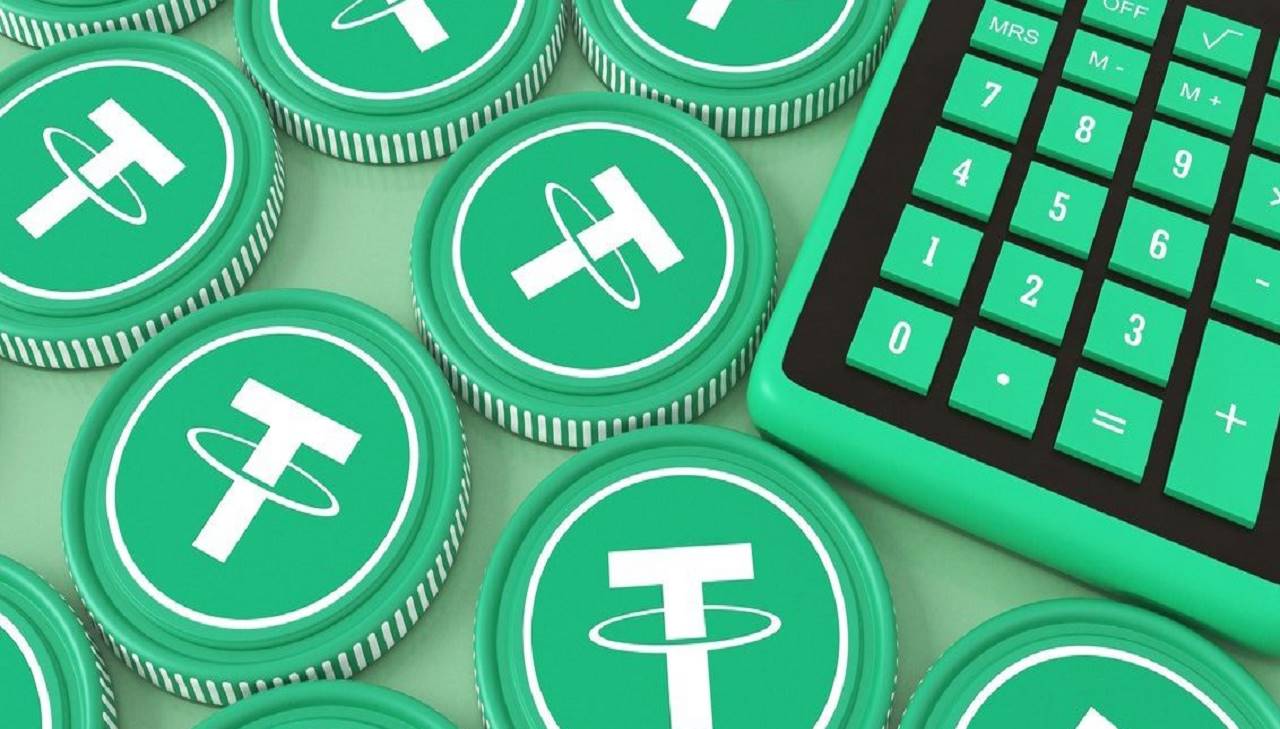Tether Sets Its Sights on Expanding in the Bitcoin Lending Sector
14.03.2025 10:00 1 min. read Alexander Stefanov
Tether is looking to carve out a role in Cantor Fitzgerald’s Bitcoin financing venture, despite not being mentioned in the firm’s official announcement.
CEO Paolo Ardoino has hinted at ongoing discussions, emphasizing that a partnership would be beneficial for both companies.
Cantor Fitzgerald recently introduced Bitcoin-backed leverage for institutional investors, a move that aligns with Tether’s growing interest in the sector.
Ardoino sees this as an opportunity, citing Tether’s experience in tokenization and Bitcoin-related services. He also highlighted Cantor Fitzgerald’s strong ties with institutional borrowers as a key advantage in potential collaboration.
Beyond Bitcoin lending, Tether is also positioning itself to influence the stablecoin industry in the U.S. Ardoino argues that USDT plays a critical role in maintaining the dominance of the U.S. dollar as a global reserve currency. However, competition is heating up with stablecoin alternatives like RLUSD, USDC, and PayPal’s PYUSD aiming to gain market share.
Despite regulatory challenges and emerging rivals, Ardoino remains confident that Tether’s scale and reach will keep it at the forefront of the industry.
-
1
Bitcoin Treasury Frenzy Faces First Major Test as Market Cools
02.06.2025 18:00 2 min. read -
2
UK Political Party Becomes First to Accept Bitcoin Donations
31.05.2025 10:00 2 min. read -
3
JPMorgan Quietly Opens the Door to Bitcoin-Backed Lending
05.06.2025 15:00 1 min. read -
4
Bitcoin Faces Key Test as Fed Uncertainty and Market Exhaustion Collide
05.06.2025 21:00 1 min. read -
5
Anthony Pompliano’s Latest Venture Targets $750M to Fuel Bitcoin Strategy
15.06.2025 13:00 1 min. read
Crypto Funds Pull in $1.2B Despite Market Drop and Global Tensions
Global crypto funds just logged a tenth straight week of fresh capital, pulling in another $1.24 billion even as prices slid and geopolitics turned tense.
Anthony Pompliano Unveils Bitcoin Treasury Giant After Landmark Merger
Investor and entrepreneur Anthony Pompliano is rolling his private outfit, ProCap BTC LLC, into blank-check firm Columbus Circle Capital to form ProCap Financial, a new Nasdaq-listed business built around Bitcoin.
Strategy Adds to Its Bitcoin Pile Again, Shrugging Off Market Slump
The tech-turned-Bitcoin play Strategy (formerly MicroStrategy) has quietly scooped up another batch of BTC, its eleventh consecutive weekly buy, undeterred by the market’s slide below $100,000.
Robert Kiyosaki Predicts 2025 “Super-Crash,” Urges Hoarding Gold, Silver, and Bitcoin
Personal-finance author Robert Kiyosaki is sounding the alarm that next year could bring an economic breakdown unlike anything modern markets have seen.
-
1
Bitcoin Treasury Frenzy Faces First Major Test as Market Cools
02.06.2025 18:00 2 min. read -
2
UK Political Party Becomes First to Accept Bitcoin Donations
31.05.2025 10:00 2 min. read -
3
JPMorgan Quietly Opens the Door to Bitcoin-Backed Lending
05.06.2025 15:00 1 min. read -
4
Bitcoin Faces Key Test as Fed Uncertainty and Market Exhaustion Collide
05.06.2025 21:00 1 min. read -
5
Anthony Pompliano’s Latest Venture Targets $750M to Fuel Bitcoin Strategy
15.06.2025 13:00 1 min. read


